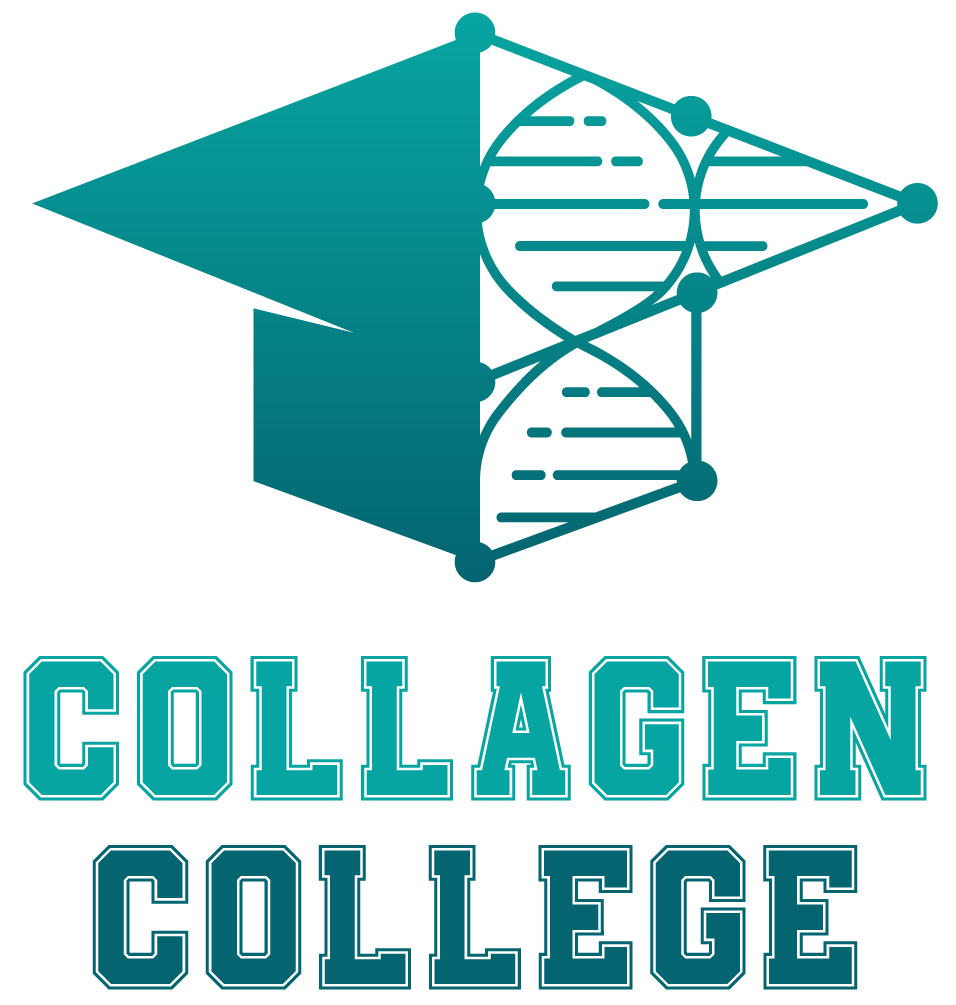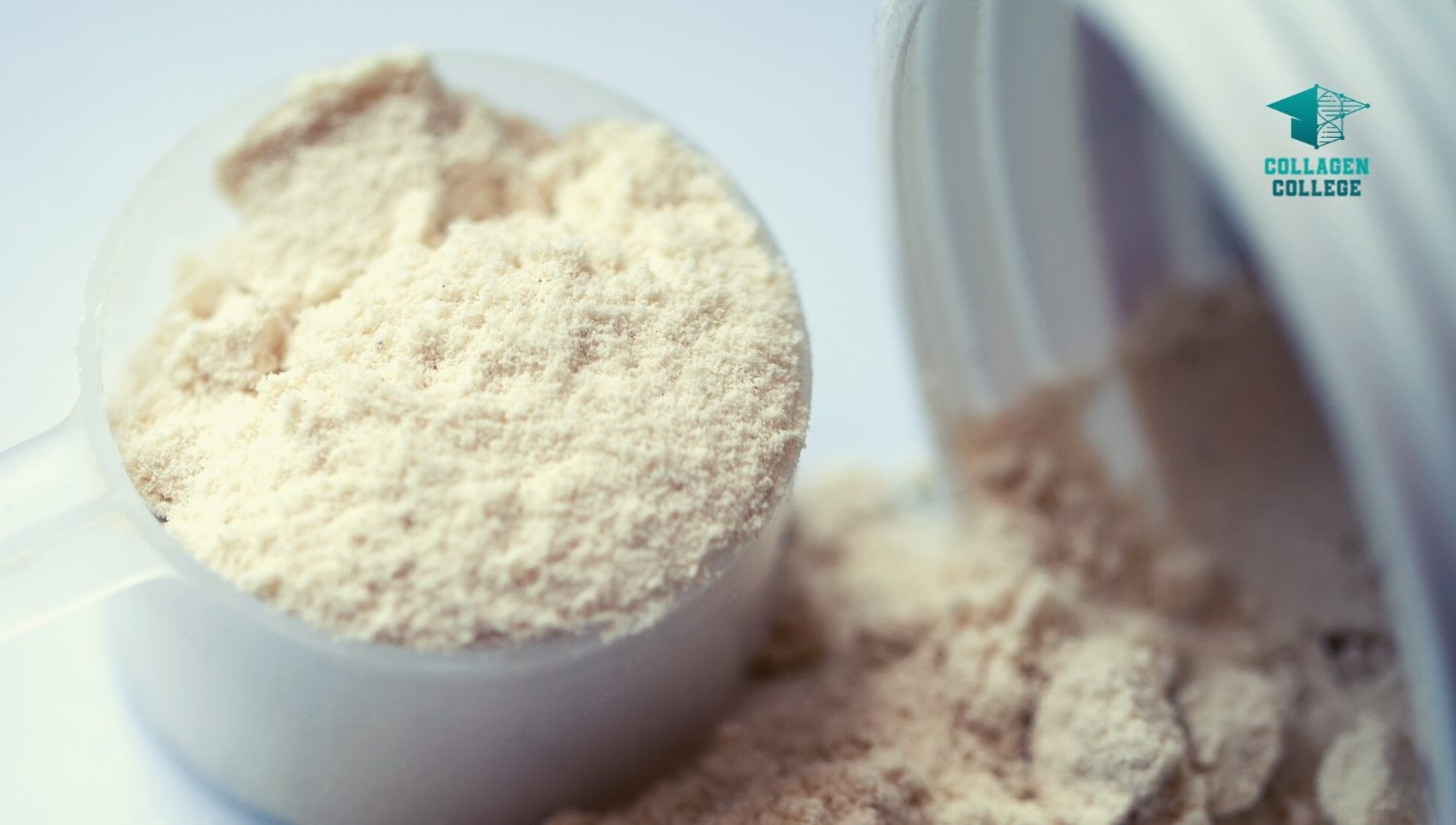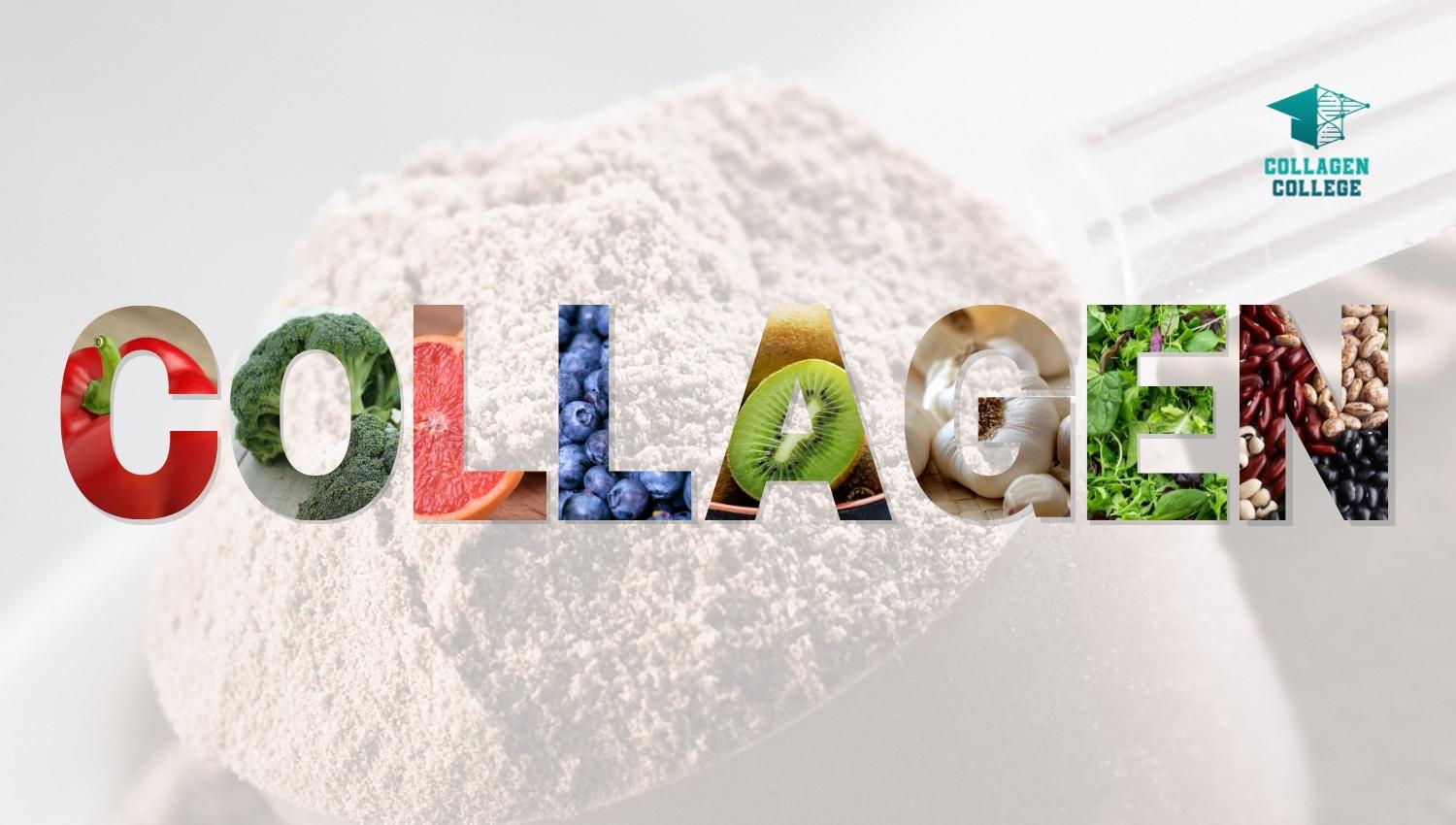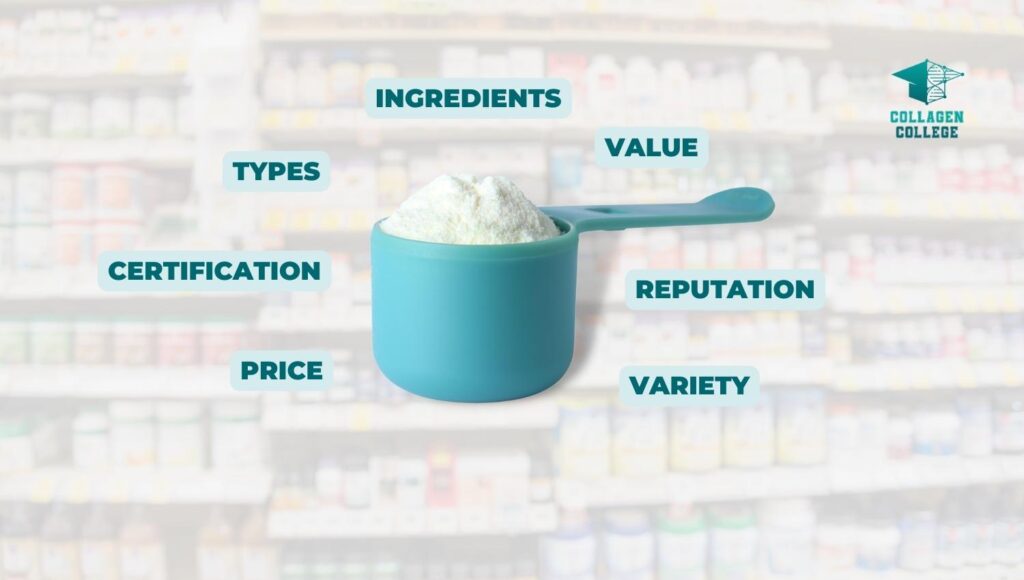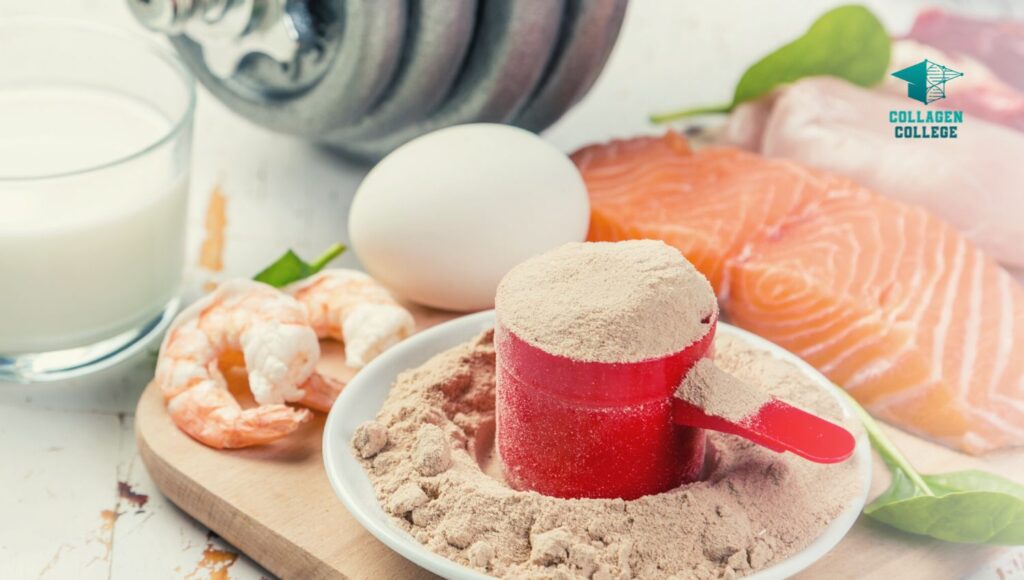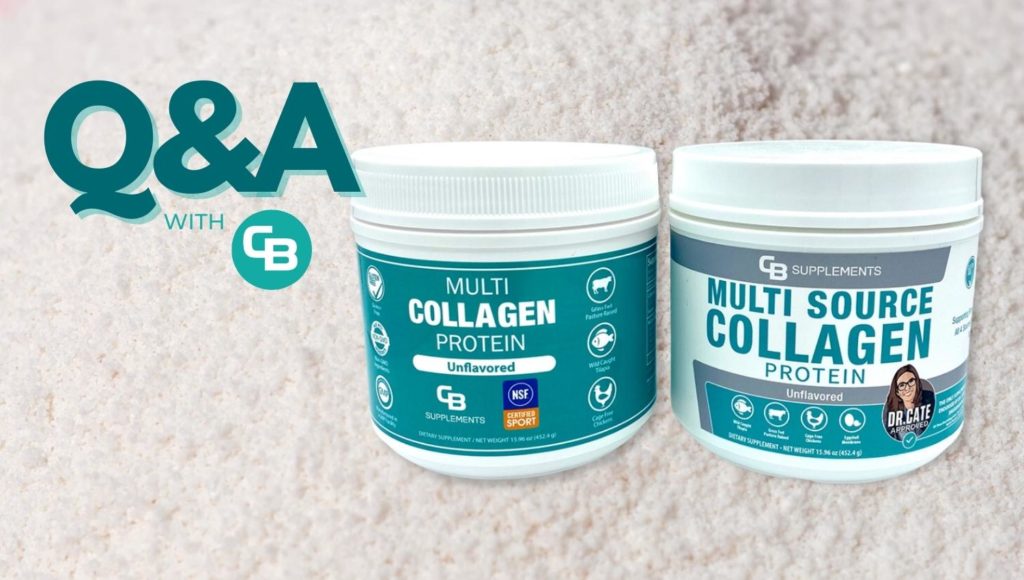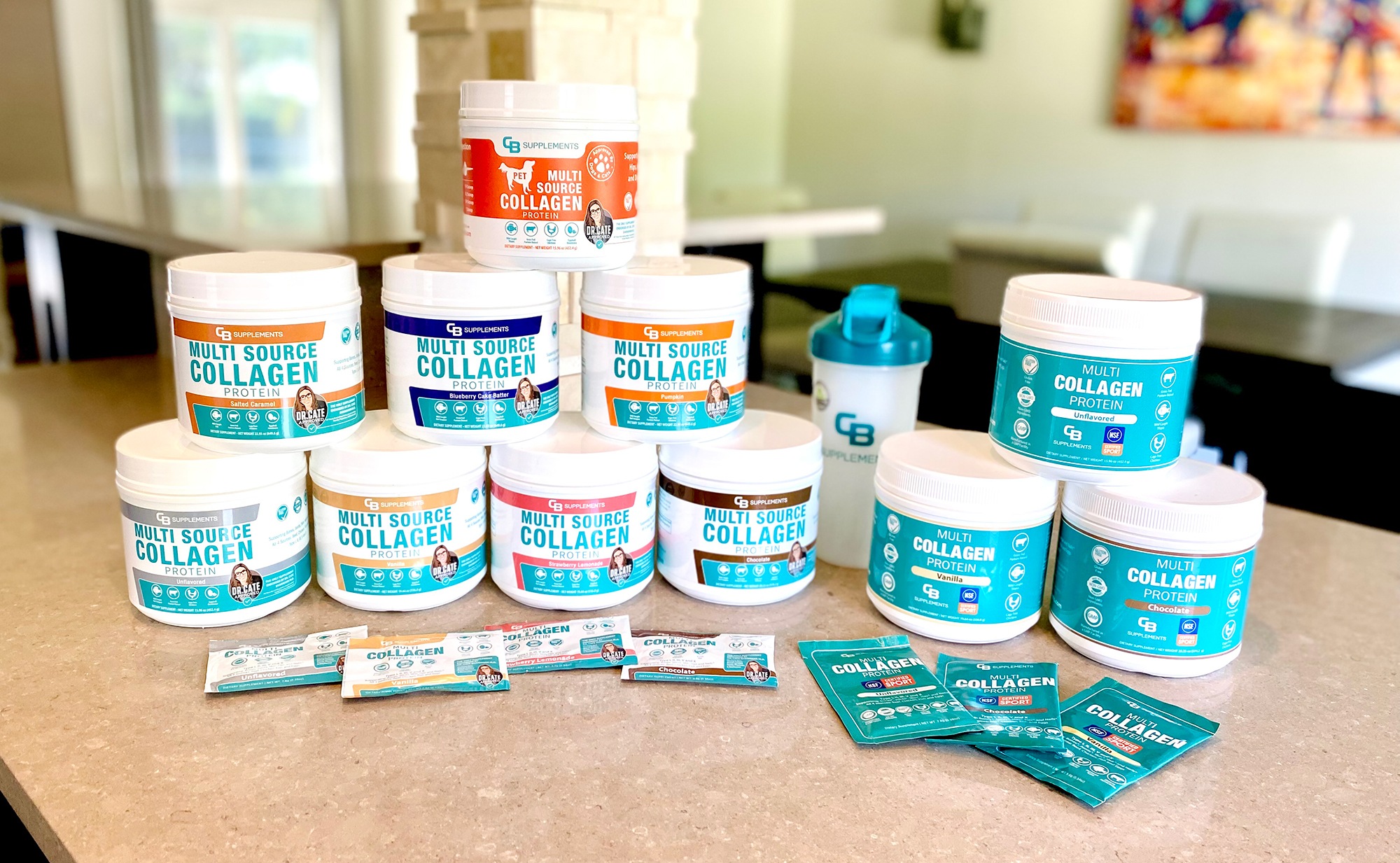I’m going to channel my inner parents.
If all your friends jumped off a cliff, would you jump too?
— Mom & Dad
I mean, maybe? Depends on the cliff. Are we at Kahekili’s Leap in Hawaii at sunset? Well then, yes, I would jump Mom and Dad!
Collagen’s popularity
Peer pressure, we all experience it. And it doesn’t stop after plowing through your teenage years. The only difference now is the questions get more difficult to answer — especially when it comes to your health.

I’m sure you’re here because you know someone that currently takes collagen or has recommended collagen — such as a friend, family member, trainer, coach, or doctor — and they think collagen’s awesome benefits could help you too.
Should you take collagen?
Are you feeling pressure to take collagen? Are you hearing all the rage, but not quite sure if collagen would be beneficial, safe, and overall worth your time? If you’re stuck in this collagen dilemma and trying to decide if you should take collagen, we’re happy you’re here and we’ll diligently walk you through the main advantages and disadvantages of taking collagen.
As a quick disclaimer, we believe everybody should be taking collagen, and nearly everyone, at any age, can take collagen. Collagen is so important that Dr. Cate, M.D. thinks it’s a missing food group in everybody’s nutrition.

With that said, it’s important to share both the pros and cons of collagen. Before we start that comparison, let’s first address why you’d possibly entertain taking collagen in the first place.
Motivation to take Collagen
We all have our reasons to supplement. What’s your motivation for possibly taking collagen?
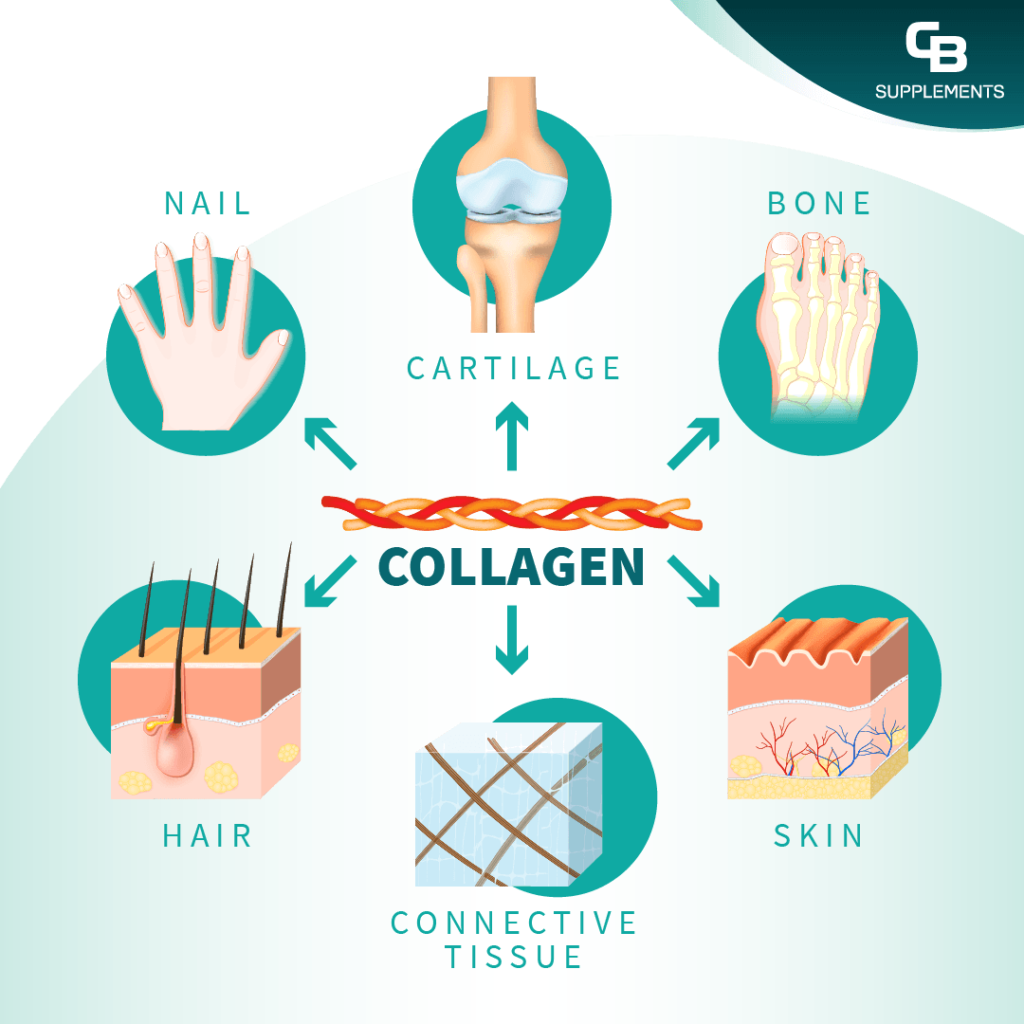
Reasons people decide to take collagen
Though not an exhaustive list, I’m fairly confident I’ve covered most people’s motivations for taking collagen below.
- Health benefits. Easily the #1 reason, their benefits are well documented and discussed everywhere.
- Added protein consumption. Yes, collagen is a protein and a critical one to overall health! It’s found everywhere in your body, making up 1/3 of your body’s protein composition.
- Your body is losing collagen every year. Collagen is the “glue” (kolla)
that holds us together and our bodies start manufacturing less of it when we hit 25-30. Hello, aging process. Boo. - Not eating enough collagen-rich foods. Hmm, you don’t like eating tripe (cow’s second stomach)? Imagine that. 🙂 The foods that contain collagen protein are typically not “normal” for those in the US (for the rest of the world, it’s very normal), so the challenges here are justified for many. Supplementing can be a heck of a lot easier!
Let’s now roll these motivations into my pros/cons listing below, starting with the pros of taking collagen.
Pros of taking Collagen
Collagen is awesome (I know we’re biased), so we’ll surprisingly explore the 6 pros of collagen first.
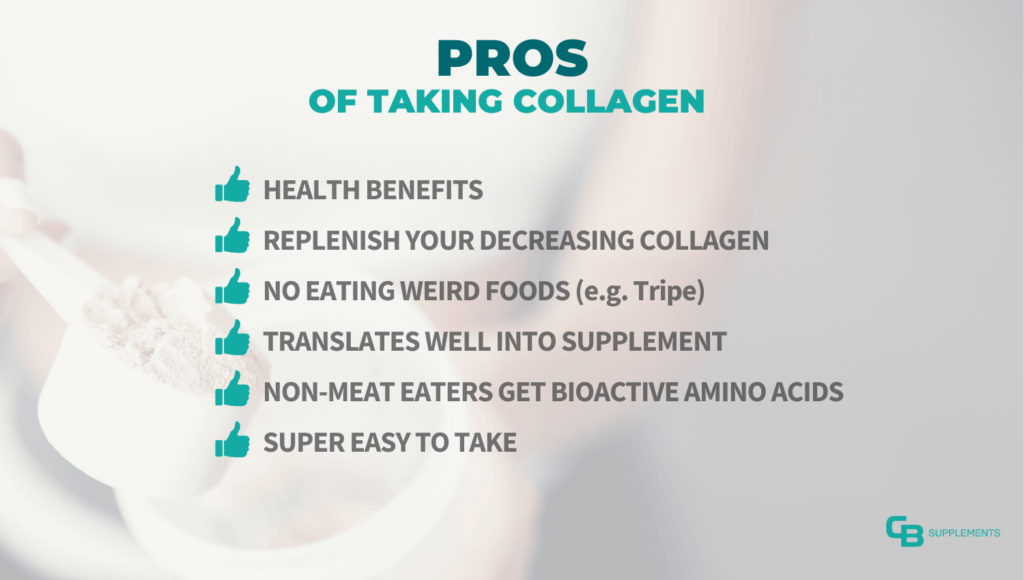
Let’s begin with the apparent pro — health benefits — then get into other pros that many folks are simply not talking about!
1. Health benefits
The beauty industry touts collagen’s benefits for your hair/skin/nails, but remember, collagen protein is found everywhere in your body. Supplementing with collagen will also help your connective tissue, bone, and cartilage and improve:
- Joint health
- Gut health
- Bone health
- Muscle mass
- Heart/circulatory health
- And of course, stronger and healthier-looking hair/skin/nails
2. You’ll replenish your decreasing collagen
How much exactly? That’s unknown. The science of collagen is still catching up, however, we have scientific evidence showing collagen stimulates fibroblasts and there’s plenty of anecdotal evidence, read some of our reviews.
3. You don’t have to eat weird foods
This may be the most compelling pro to taking a collagen supplement.
When’s the last time you ate drank bone broth or ate certain spongy collagenous organs? Yesterday? Never? Hey, no judgment here — I’ve always stated that I’d choose Taco Tuesday over eating a cow’s second stomach. The only food I consume weekly that offers my body collagen naturally is bone broth. Outside of that, I eat very few foods that contain collagen and I need to supplement to get the proper amount of collagen protein every day.
4. Collagen translates well into a supplement
Supplements are supplements, right? Wrong.
“There are other things that companies put in supplements that don’t translate well”, says Dr. Cate. “But, collagen is different. It does translate well to a supplement because the nature of it is more of a durable product.”
Collagen is different.
— Dr. Cate, M.D.
Most supplements, like whey protein, require extensive processing. Collagen is different than whey because collagen’s manufacturing is less detrimental to the finished product. The collagen molecule, to put it plainly, is tougher. The integrity of the amino acids holds up to the battering of the manufacturing process.
5. Non-Meat Eaters can still get bioactive amino acids
Please don’t hear me wrong here. There is no vegan collagen. Collagen comes from animals.
With that said some people’s digestive systems have difficulty breaking down meat. And since collagen doesn’t have muscle meat (just animal bones, joints, cartilage, and skin), this provides an opportunity for people on plant diets to still embrace collagen’s unique amino acid profile.
By taking a collagen peptide, you get the bioactive amino acids and collagen peptides that plants lack without the meat proteins that some people’s digestive systems have difficulty breaking down.
— Dr. Cate, M.D.
If you’ve ditched meat, don’t fear — you can still take collagen!
6. Collagen is super easy to take
It takes very little effort to add collagen to your diet in foods and drinks. Drink coffee? Drop in a scoop of unflavored multi collagen powder. Smoothie person? Throw in a scoop to your blender. Love your pancakes? Add 2-3 scoops to the batter for a protein boost!
Let’s now flip the scoop (see what I did there?) and talk about the possible disadvantages of taking collagen with 6 cons.
Cons of Collagen
Now that we’ve explored the pros of taking collagen, it’s time to share some cons. Are there specific reasons, maybe health-related, why you shouldn’t take collagen?
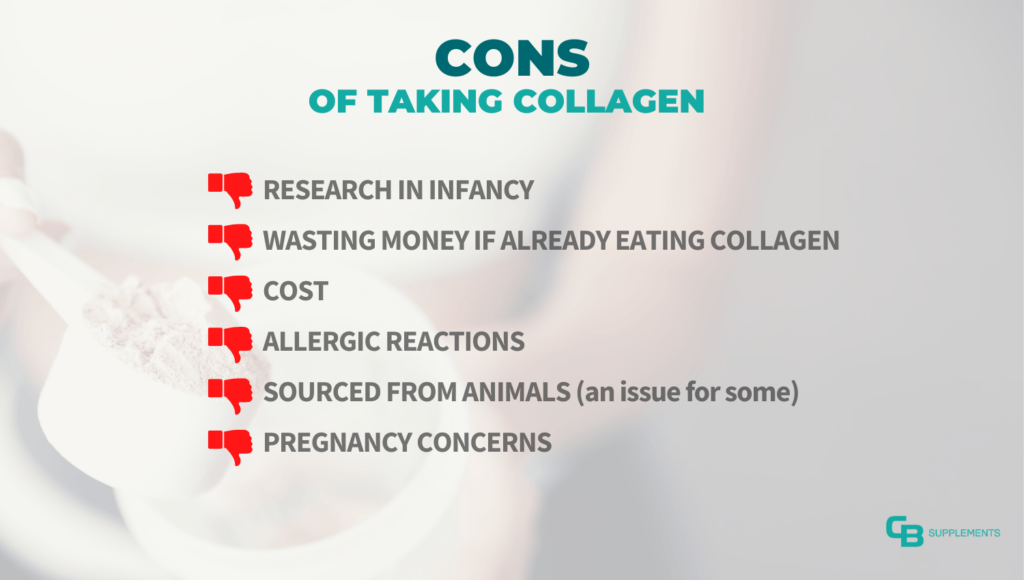
Let’s explore the possible downsides of buying and taking collagen.
1. Research is still in its infancy
While there is plenty of anecdotal evidence and some preliminary studies supporting the benefits of collagen supplementation (like this double-blind, randomized, placebo-controlled trial), we’re all waiting for more and more scientific research to be released to prove collagen supplementation is a slam dunk.
2. You’re wasting money if already eating collagen-rich foods
Why supplement when you don’t need to supplement? If your regular diet consists of those “weird foods” (#3 in Pros above), you’re probably getting enough collagen protein naturally. Save your money!
3. Cost (for quality)
Supplements, in general, can be expensive. The higher the quality, the more expensive — our NSF certified collagen products are proof. Since collagen is an “every day” type of supplement, the additional cost every month could be a con for some on a tight budget.
The Cleanest & Safest Multi Collagen in the World

"I feel confident I am taking the best product and my joints thank me everyday!"
- Mike Freeman
4. Allergic reactions
Though allergic reactions are never fun, let’s be clear here. Allergies are only an issue with collagen if you have life-threatening allergies to its sources:
- Beef
- Fish
- Chicken and/or eggs
If you’re severely allergic to chicken or eggs, avoid chicken collagen, eggshell collagen, and a multi collagen supplement.
5. Collagen is sourced from animals
Collagen is made from animals. And this could be a con for some people, such as vegans, with strict diets because of ethical, religious, cultural, or environmental reasons.
6. Doctors don’t approve during pregnancy
Dr. Cate, M.D. believes collagen is safe during pregnancy. However, there could be a small handful of doctors that discourage collagen supplementation while pregnant. Always check with your doctor first.
Final Thought
As with anything in life, you must weigh the pros and cons. Your health, and nutrition choices, are no different.
Do we think the pros outweigh the cons when it comes to taking collagen? Of course. Are there special circumstances? Absolutely. But, generally speaking, for the average person, there are not many hurdles to collagen supplementation.

As you might have seen in Dr. Cate’s takeaway at the top, all cultures around the world have gotten their collagen from traditional ways — in particular, meat on the bone. More on Dr. Cate’s Four Pillars of a Human Diet.
I know we’re talking about whether you should take a collagen supplement here, but just know that collagen has been around for ages and ages. We don’t eat like we used to — thus the popularity of collagen supplements.
